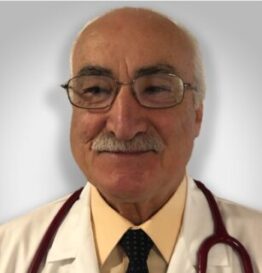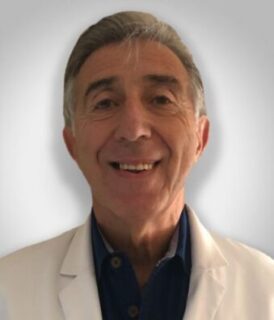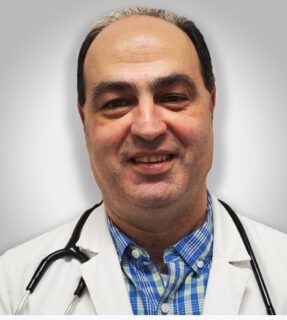Comprehensive Infectious Disease Care in New Jersey
The flu, COVID-19, and Ebola are all examples of infectious diseases. An infectious disease doctor must have the knowledge and proficiency not only to diagnose and treat these illnesses but also conduct valuable research to control outbreaks and combat their spread.
Due to their expertise, infectious disease doctors are often consulted for challenging cases or when dealing with emerging or highly contagious infections. Their understanding and experience are crucial for effectively managing infectious diseases and promoting public health.
The Medical Group of New Jersey includes an infectious disease doctor amongst our group of skilled physicians and specialists.
What Is An Infectious Disease?
An infectious disease is an illness caused by tiny organisms called pathogens. These pathogens include bacteria, viruses, fungi, and parasites. When these organisms enter our bodies, they can make us sick by attacking our cells, tissues, and organs. Some infectious diseases are mild and resolve independently, while others can be more severe and require medical treatment.
How Do Infectious Diseases Spread?
Infectious diseases spread from person to person through various ways, including:
- Through the air, when someone coughs or sneezes
- Through physical contact, like a handshake
- Through contaminated food or water
- Through insect bites
What Are Examples Of Infectious Diseases?
Common examples of infectious diseases include, but are not limited to:
- Colds
- COVID-19
- Pneumonia
- STIs
- Strep throat
- The flu
- Tuberculosis
What Does An Infectious Disease Doctor Do?
An infectious disease physician specializes in preventing, diagnosing, and treating infectious diseases like the flu or pneumonia. This specialist undergoes extensive internal medicine training before shifting their focus to infectious diseases. They must have a deep understanding of the immune system and how pathogens interact with the human body.
While an infectious disease specialist plays a crucial role in diagnosing and treating these illnesses, they also work to control and prevent the spread. They advise on measures to control outbreaks, implement infection control protocols, and provide guidance on vaccinations and immunizations. Furthermore, they are vital to contributing to the research and study of these infectious diseases to prevent and manage outbreaks.


